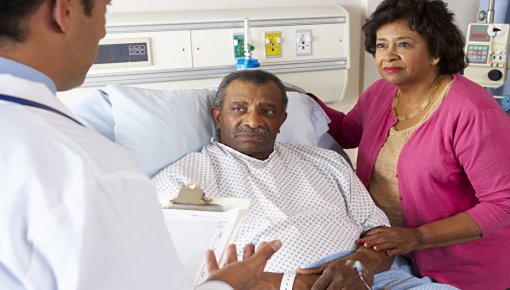Deutsche Gesellschaft für Pneumologie und Beatmungsmedizin (DGP). Update der S3-Leitlinie: Epidemiologie, Diagnostik und Therapie erwachsener Patienten mit nosokomialer Pneumonie. AWMF register no.: 020-013. 2024.
Kalil AC, Metersky ML, Klompas M et al. Management of Adults With Hospital-acquired and Ventilator-associated Pneumonia: 2016 Clinical Practice Guidelines by the Infectious Diseases Society of America and the American Thoracic Society. Clin Infect Dis 2016; 63(5): e61-e111.
Kaneoka A, Pisegna JM, Miloro KV et al. Prevention of Healthcare-Associated Pneumonia with Oral Care in Individuals Without Mechanical Ventilation: A Systematic Review and Meta-Analysis of Randomized Controlled Trials. Infect Control Hosp Epidemiol 2015; 36(8): 899-906.
Kasper DL, Fauci AS, Hauser SL et al. Harrison's Principles of Internal Medicine. New York: McGraw-Hill; 2015.
Lewis SR, Schofield-Robinson OJ, Rhodes S et al. Chlorhexidine bathing of the critically ill for the prevention of hospital-acquired infection. Cochrane Database Syst Rev 2019; (8): CD012248.
Liu C, Cao Y, Lin J et al. Oral care measures for preventing nursing home-acquired pneumonia. Cochrane Database Syst Rev 2018; (9): CD012416.
Lux LJ, Posey RE, Daniels LS et al. Pharmacokinetic/Pharmacodynamic Measures for Guiding Antibiotic Treatment for Hospital-Acquired Pneumonia. (AHRQ Comparative Effectiveness Reviews; No. 136). 2014.
National Institute for Health and Care Excellence (NICE). Pneumonia: Diagnosis and management of community- and hospital-acquired pneumonia in adults (NICE Clinical Guidelines; No. 191). 2023.
Pássaro L, Harbarth S, Landelle C. Prevention of hospital-acquired pneumonia in non-ventilated adult patients: a narrative review. Antimicrob Resist Infect Control 2016; 5: 43.
Robert Koch-Institut (RKI). Empfehlungen zur Prävention und Kontrolle von Methicillinresistenten Staphylococcus aureus-Stämmen (MRSA) in medizinischen und pflegerischen Einrichtungen. Bundesgesundheitsbl 2014; 57: 696–732.
Satheeshkumar PS, Papatheodorou S, Sonis S. Enhanced oral hygiene interventions as a risk mitigation strategy for the prevention of non-ventilator-associated pneumonia: a systematic review and meta-analysis. Br Dent J 2020; 228(8): 615-622.
Sjögren P, Wårdh I, Zimmerman M et al. Oral Care and Mortality in Older Adults with Pneumonia in Hospitals or Nursing Homes: Systematic Review and Meta-Analysis. J Am Geriatr Soc 2016; 64(10): 2109-2115.
Zhao T, Wu X, Zhang Q et al. Oral hygiene care for critically ill patients to prevent ventilator-associated pneumonia. Cochrane Database Syst Rev 2020; (12): CD008367.
IQWiG health information is written with the aim of helping people understand the advantages and disadvantages of the main treatment options and health care services.
Because IQWiG is a German institute, some of the information provided here is specific to the German health care system. The suitability of any of the described options in an individual case can be determined by talking to a doctor. informedhealth.org can provide support for talks with doctors and other medical professionals, but cannot replace them. We do not offer individual consultations.
Our information is based on the results of good-quality studies. It is written by a team of health care professionals, scientists and editors, and reviewed by external experts. You can find a detailed description of how our health information is produced and updated in our methods.

